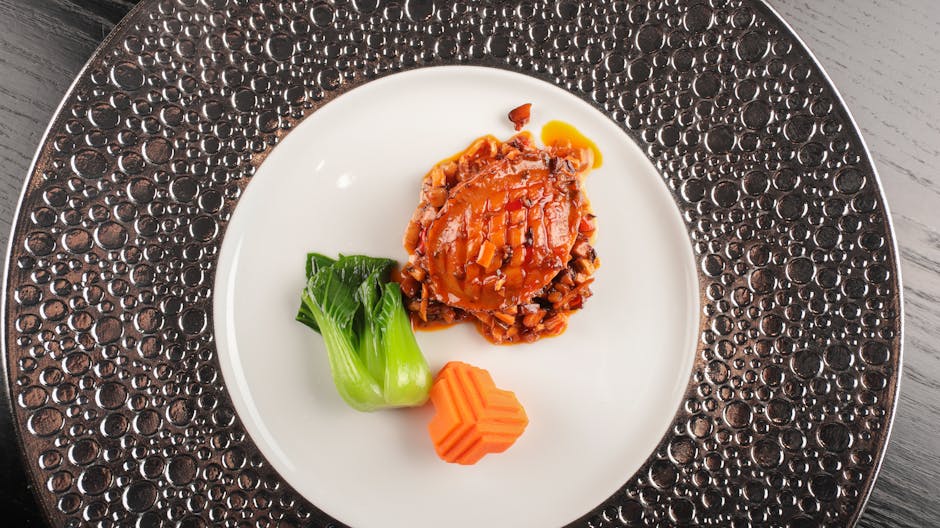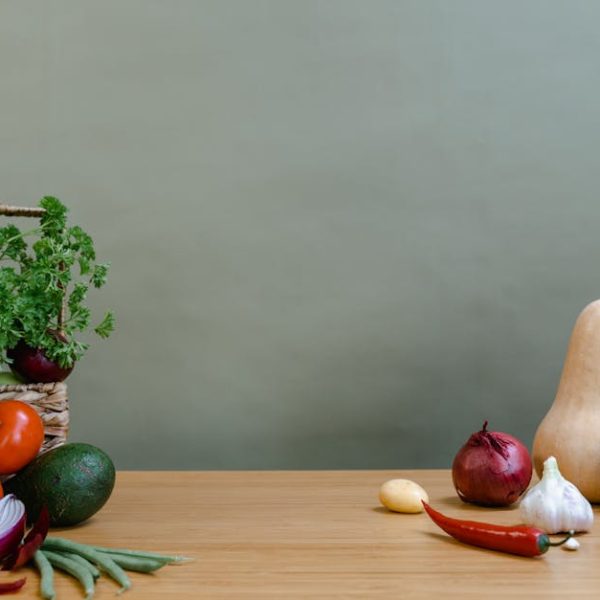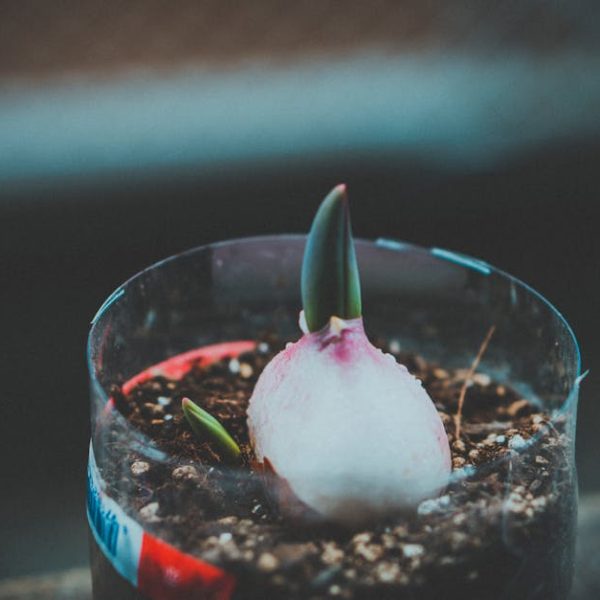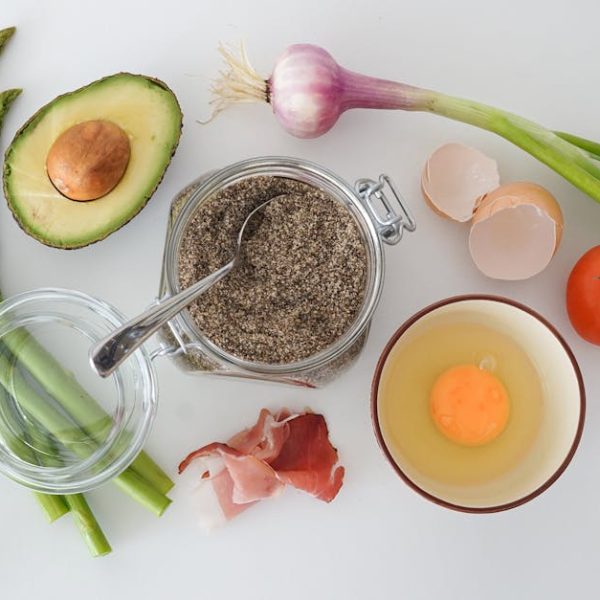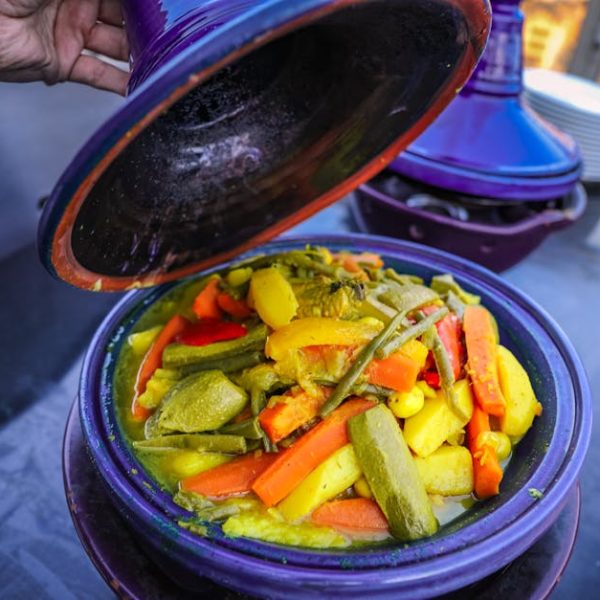When considering leafy green vegetables, bok choy and cabbage are two popular options that often enter the culinary conversation. Although they share a family—Cruciferae—their characteristics vary in ways that mark them as distinct choices for your kitchen. Both of these robust vegetables have carved out their unique culinary niches and nutritional profiles, offering diverse benefits to any diet.
Overview of Bok Choy and Cabbage
Bok Choy, also known as Chinese cabbage or pak choi, is a leafy green vegetable frequently highlighted in Asian cuisines. It’s a staple in stir-fry and noodle dishes, appreciated for its crisp-worthy stems and tender leaves. On the other hand, cabbage, best known in its green or purple incarnations, embraces a more global presence. It is versatile, woven into dishes like coleslaw in America, sauerkraut in Germany, and kimchi in Korea.
Pro tip:
Common varieties of bok choy include Baby Bok Choy, with tender, bite-sized leaves, and Shanghai Bok Choy, recognized for its green stems. Variation among cabbages is broad, from Savoy with crinkly leaves to the radiant purple Red Cabbage.
Key Nutrients:
- Bok Choy: Rich in vitamins A, C and K, along with calcium and potassium.
- Cabbage: A good source of Vitamins K and C, and packed with dietary fiber and folate.
Nutritional Values of Bok Choy and Cabbage
While both bok choy and cabbage boast substantial health benefits, their nutritional profiles differ. Bok choy shines in calcium and beta-carotene content, supporting bone health and vision. Conversely, cabbage leans towards being a vitamin C powerhouse that can benefit immune health.
| Bok Choy (per 100g) | Cabbage (per 100g) | |
|---|---|---|
| Calories | 13 | 25 |
| Protein | 1.5g | 1.3g |
| Fiber | 1g | 2.5g |
| Vitamin C | 45mg | 36.6mg |
| Calcium | 105mg | 40mg |
✔️ Best Practice:
Remember that overcooking can diminish the nutrient content. Steam or stir-fry these vegetables briefly to retain their nutritional benefits and boost flavour.
Taste and Culinary Uses of Bok Choy and Cabbage
Taste-wise, bok choy has a delicate flavor—sweet with a hint of mustard—and a crunchy texture that persists even when cooked. In contrast, cabbage has a more robust, peppery flavor, which mellows down and sweetens when cooked, with a pleasing crunch when raw.
Cabbage is a jack of all trades in the kitchen, mellow enough to blend beautifully in soups, stir-frys, and stews. It can be grilled, sautéed, or oven-roasted. In contrast, bok choy’s sweet flavor makes it a fantastic fresh addition to salads and a perfect companion for light stir-fries and soups.
✔️ Best Practice:
Bok Choy benefits from quick, high-heat cooking methods like stir-frying to maintain its crispness, whereas cabbage thrives under slow, low-heat cooking methods like braising.
Health Benefits of Bok Choy and Cabbage
In terms of health, bok choy and cabbage have a lot to offer. Bok choy is packed with antioxidants, which can help reduce inflammation and protect against certain types of cancer. It’s also high in vitamin C which boosts your immune system and vitamin K which aids in bone health. It’s a good choice for anyone looking to decrease sodium intake as it’s naturally low in sodium.
On the other hand, cabbage shines brightly in terms of its fiber content, aiding digestive health. It’s also high in vitamin C and K and is known for its cancer-fighting compounds. Consuming cabbage can lead to improved digestion, a healthier heart, and an enhanced immune system.
✅ Health Benefits Checklist:
- Bok Choy:
– High in antioxidants
– Supports bone health
– Boosts immune system
– Low in sodium
- Cabbage:
– High in fiber
– Supports digestive health
– Enhances the immune system
– Supports heart health
Pro Tip:
For those on a Keto diet, both bok choy and cabbage are great choices because of their low carbohydrate content. Vegans can rely on their high nutrient content to supplement their nutrition. And if you’re on a gluten-free diet, no worries! Both are naturally gluten-free.
Availability and Storage of Bok Choy and Cabbage
When it comes to availability, both bok choy and cabbage are fairly easy to find year-round at most grocery stores. Bok Choy is in season from the middle of winter through early spring, while cabbage’s peak season is during the fall and winter.
Bok choy doesn’t last as long as cabbage when stored, typically staying fresh for about a week, while cabbage can last up to two months if stored properly. Regardless, it is always best to consume them as soon as possible to get their full nutritional benefits.
Pros and Cons:
- Bok choy
– Pros: Available year-round, versatile in cooking
– Cons: Shorter shelf life
- Cabbage
– Pros: Long shelf life, extremely versatile in cooking
– Cons: Can sometimes taste bitter if not cooked properly
✔️ Best Practice:
Both bok choy and cabbage are best stored in the crisper drawer of your refrigerator. Keep them unwashed until you’re ready to use them to avoid any premature spoilage. For long-term storage of cabbage, consider pickling or making sauerkraut. While bok choy won’t last as long, it can be blanched and frozen for future use.
Key Takeaway:
- Both bok choy and cabbage belong to the Cruciferae family but offer different nutritional profiles and culinary uses.
- Bok choy is rich in vitamins A, C, and K, calcium, and potassium, while cabbage is a good source of vitamins K and C, dietary fiber, and folate.
- Although both are nutritious, bok choy outshines cabbage in terms of calcium and beta-carotene content, crucial for bone health and vision. However, cabbage leads in vitamin C content, promoting immune health.
- The versatility of these two vegetables varies, bok choy’s flavor makes it a great addition to salads and stir-fries. In contrast, cabbage blends well in various dishes like soups, stews, or even grilled, and its flavor becomes sweeter when cooked.
- The most significant differences are their availability and storage. Bok choy is typically available from winter through spring and remains fresh for about a week. Cabbage is found mostly during the fall and winter and can be stored longer if properly maintained.
Striving for a balanced and flavorful diet includes choosing a diverse range of vegetables. The choice between bok choy and cabbage can depend on your specific nutritional needs, cooking style, or even personal preference. Embrace the unique benefits of both and keep exploring the abundant world of leafy greens.
FAQs
Q: What other cruciferous vegetables can I add to my diet for variety?
A: Other cruciferous vegetables such as broccoli, cauliflower, kale, and brussels sprouts are nutritious alternatives that you can include in your diet.
Q: Can I eat bok choy and cabbage raw?
A: Yes, both can be eaten raw. Raw cabbage is often used in coleslaw, and raw bok choy can be added to salads.
Q: Are there any potential health risks associated with consuming too much bok choy or cabbage?
A: Consuming these vegetables in moderation is generally safe. However, excessive consumption of any cruciferous vegetables can interfere with thyroid function, especially in people with iodine deficiency.
Q: Can I substitute bok choy for cabbage in recipes, and vice versa?
A: While they have different flavors and textures, you can use bok choy as a substitute for cabbage in specific recipes, like stir-fry and vice versa, but it may alter the taste somewhat.
Q: How can I incorporate more of these vegetables into my diet?
A: Try adding chopped bok choy or cabbage to soups, stews, or stir-fry dishes. You can also incorporate them into salads or use them in wraps and rolls.
Thank you for reading! Feel free to share this article and explore other posts on our website for more nutritional insights.
